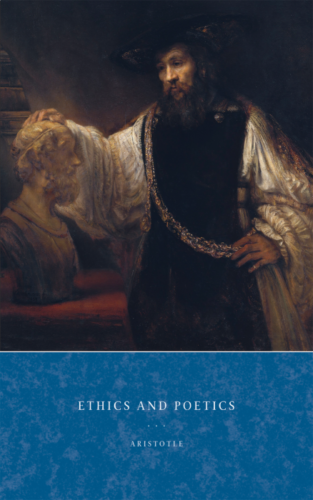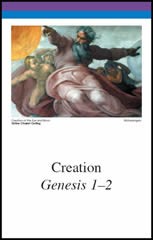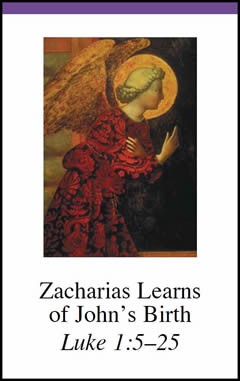Aristotle (384 – 322 BC) spoke with great insight into every field of learning known to the ancient world. This included ethics and the arts, two topics of keen interest to ancient Greeks. This volume contains two of his most significant works on these subjects.
In Poetics, Aristotle gives us his take on poetry, music, and drama. What’s more, he lays down patterns for good art that have shaped the Western tradition. He shows us how art can both imitate the good life and foster it.
In the Nicomachean Ethics, Aristotle names happiness as the goal of life. His understanding of happiness differs from modern views, though. He rejects pleasure, fame and fortune as the means to it, as well. The only way of attaining true happiness, Aristotle argues, is by contemplating truth.





Reviews
There are no reviews yet.